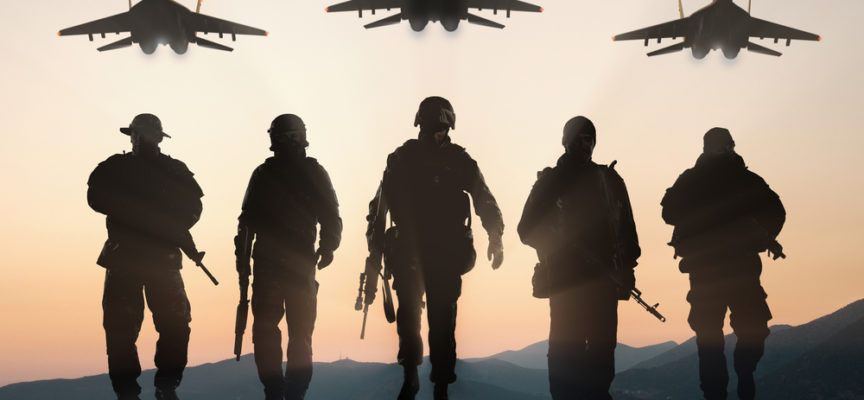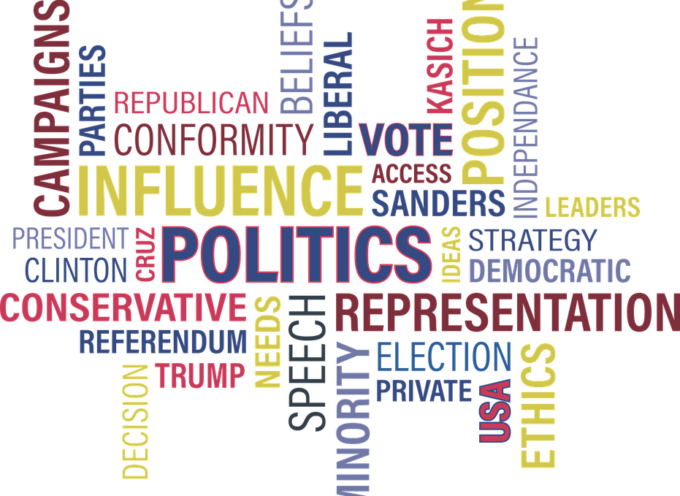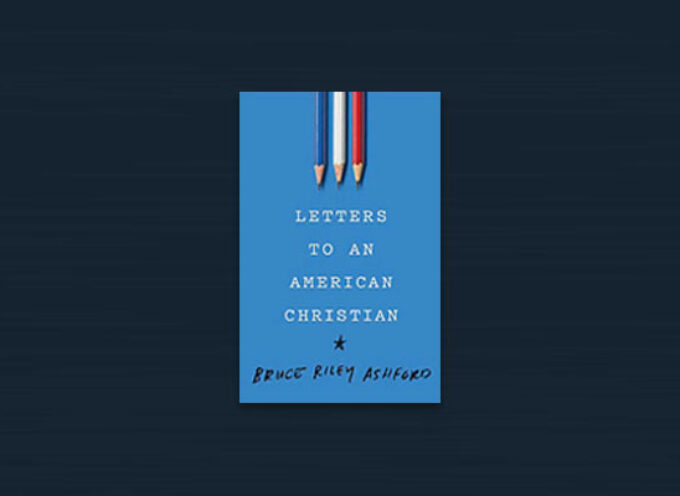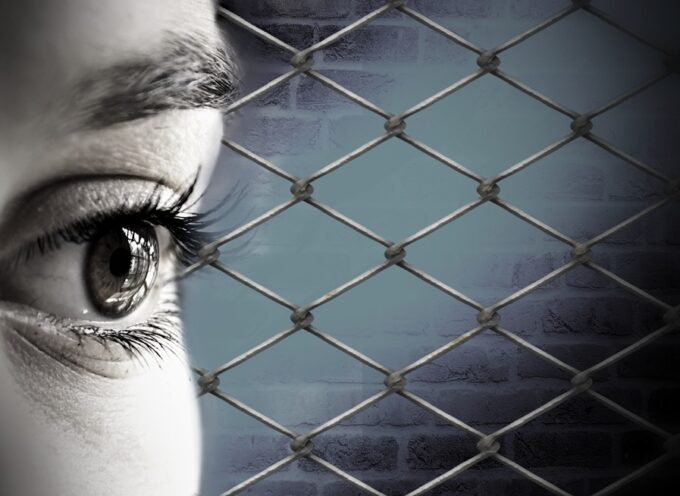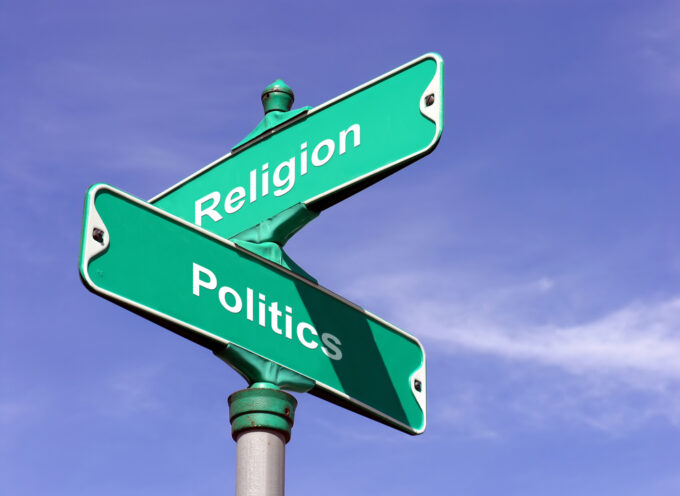Moral accountability is absolutely vital for individuals and societies. For an individual or society to flourish, it must have the integrity and humility examine itself morally.
War is no exception.
In a democratic republic such as ours, not only our military and political leaders but also the general public must participate actively and intelligently in debates about whether or not the nation should to go to war, how to conduct war once it has begun, and how to handle the aftermath of war.
In light of the need to be well-informed citizens, here are twelve books I recommend concerning the ethics of warfare. Each book falls broadly within the parameters of the “just war” tradition, which is a realistic middle way between the idealistic options of pacifism and crusaderism. By listing a book, I am not endorsing each of the author’s statements; I am merely claiming that it is helpful in some way for person who wish to study the just war tradition.
I will describe each book and then rank its level of difficulty on a scale of 1-5, with 5 being the most difficult. Level 1 is the category for a book you could give to any friend or family member. Level 5 is the category for a book that might be required in a PhD seminar.
- Charles Guthrie and Michael Quinlan, Just War: The Just War Tradition: Ethics in Modern Warfare. This is the briefest and most accessible introduction to the just war tradition, weighing in at only 64 pages. My critique is that they expand just cause (by allowing not just for pre-emptive war but also for preventive war) until it becomes, functionally, a crusader ethic. Level 1.
- J. Daryl Charles, Between Pacifism and Jihad: Just War and Christian Tradition. This is an excellent introduction, elucidating the main concepts in just war thought and arguing for the just war tradition as opposed to the alternatives—pacifism and jihad (crusaderism). Charles is the premiere evangelical just war theorist, and this little book is worth its weight in gold. Level 2.
- J. Daryl Charles and Timothy J. Demy, War, Peace, and Christianity: Questions and Answers from a Just War Perspective. Charles and Demy answer 104 questions about the ethics of warfare, from the perspective of individual citizens, military personnel, philosophy, theology, and history. They devote 3-4 pages, on average, to each question. Level 2.5
- David D. Corey and J. Daryl Charles, The Just War Tradition: An Introduction. This book is a well-written survey of the most significant thinkers in the Western just war tradition. As historical surveys go, this is the most accessible. Level 3.
- Jean Bethke Elshtain, Just War Theory. Although this book is dated, it remains helpful as a reader offering essays from leading twentieth-century ethicists of war, including Ramsey, Walzer, Johnson, and Elshtain. Level 3.5.
- Michael Walzer, Just and Unjust Wars: A Moral Argument with Historical Illustrations. This book is a modern classic, not only making the argument for just war reasoning, but illustrating the argument with numerous of wars and military conflicts, ancient and modern. Level 3.5.
- Daniel M. Bell, Jr. Just War as Christian Discipleship: Recentering the Tradition in the Church rather than the State. This very thoughtful and well-written primer, written from a distinctively Christian vantage-point, conceives of just war practice as having been (and being) shaped by historic biblical Christianity and lived faithfully by the power of the Spirit and in the context of the community of faith. Level 3.
- Jean Bethke Elshtain, Just War Against Terror: The Burden Of American Power In A Violent World. Written just after the turn of the millennium, ethicist Jean Bethke Elshtain argues that it is sometimes necessary to go against war. She makes her argument not only against forthright pacifists, but persons who she thinks use just war language to conceal their true pacifist identity. A unique feature of the book is that she grapples with terrorism and its implications for just war. One criticism is that she stretches the just cause criterion (allowing not only for pre-emptive, but preventive war) and thus at times lapses over into a type of crusaderism. Level 3.
- James Turner Johnson, Morality and Contemporary Warfare. Johnson is the doyen of just war studies, having written an array of well-researched and unfailingly thoughtful books and articles on the topic. This particular book is more accessible than his other books (most of which were written for university presses) and focuses helpfully on contemporary challenges in warfare, such as nuclear weapons, terrorism, humanitarian intervention, civil wars, and peace-building. Level 3.5
- Mark David Hall and J. Daryl Charles, eds. America and the Just War Tradition: A History of U.S. Conflicts. Just published in Spring 2019, this edited volume includes a priceless introduction to the just war tradition, written by Hall and Charles, as well as essay-length evaluations of twelve American wars, including the American Revolution, the Civil War, World Wars I & II, the Korean and Vietnam wars, the Persian Gulf Wars, and the Afghanistan war. The essays are of varying accuracy and quality, but overall, it is an excellent exploration of the tradition. Level 3.5.
- Daniel R. Brunstetter and Cian O’Driscoll, Just War Thinkers: From Cicero to the 21st Century. Similar to the Corey/Charles text, Just War Thinkers is a well-researched and well-written survey of the just war tradition, with chapters devoted to significant just war thinkers. The authors start with Cicero and Augustine, and end with significant thinkers at the turn of the 21st century. Level 4.
- Paul Ramsey, War and The Christian Conscience: How Shall Modern War Be Conducted Justly? This is an important book written by one of the most important ethicists of the last century. Level 5.
Subscribe
Never miss a post! Have all new posts delivered straight to your inbox.

